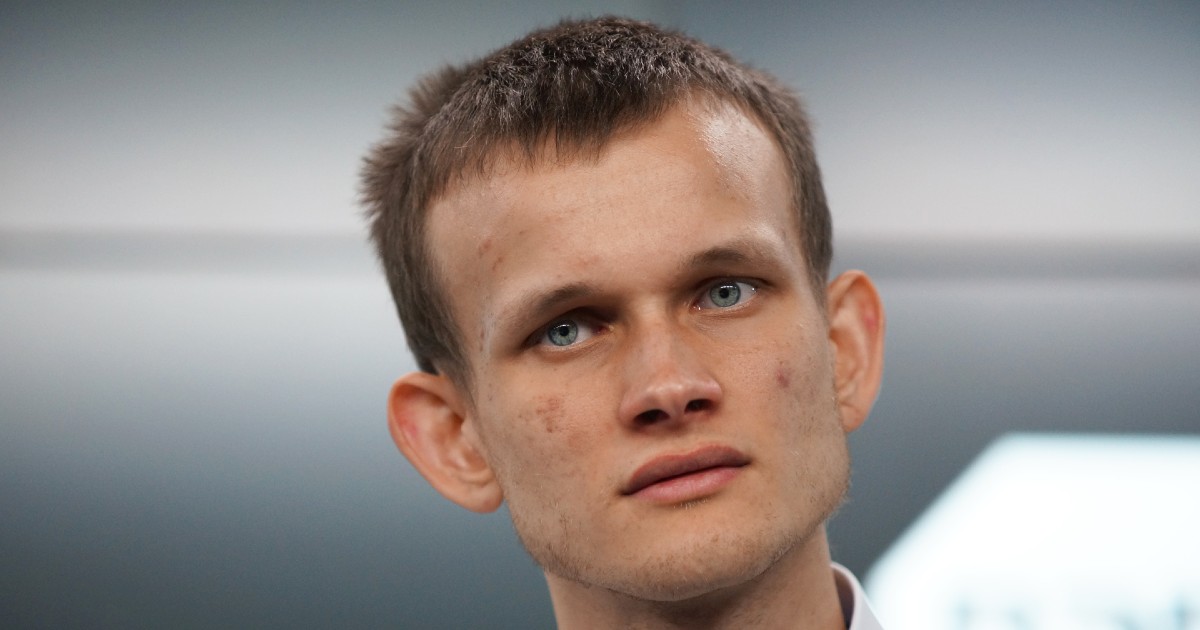Vitalik Buterin Discusses the Pros and Cons of Biometric Proof of Personhood
Lawrence Jengar Jul 17, 2024 14:35
Vitalik Buterin explores the complexities and potential benefits of decentralized biometric proof-of-personhood systems, touching on privacy, security, and centralization concerns.

Vitalik Buterin, co-founder of Ethereum, recently shared his thoughts on the decentralized proof-of-personhood solutions being developed within the Ethereum community. These efforts aim to create a system that can verify whether a registered account is controlled by a unique human without revealing their identity. Buterin's insights were detailed in a blog post, where he discussed the potential, challenges, and criticisms of these systems, particularly focusing on biometric solutions like Worldcoin.
Introduction to Proof of Personhood
Proof of personhood systems are designed to create a list of public keys, each controlled by a unique human. This approach aims to address issues like spam and concentration of power without relying on centralized authorities. Solving this problem is crucial for decentralized governance and preventing denial-of-service attacks, among other applications.
Biometric Proof of Personhood Solutions
Among the various efforts to tackle this problem are Proof of Humanity, BrightID, Idena, and Circles. These systems use different methods, including video uploads, verification parties, and captcha games to verify unique humans. Worldcoin, co-founded by Sam Altman, takes a more ambitious approach by using sophisticated biometric scans of users' irises through a device called the Orb.
Worldcoin aims to create a robust proof-of-personhood system to ensure humans can prove their identity in an AI-dominated future. The project also includes a Universal Basic Income (UBI) component, distributing tokens to verified users.
Privacy and Security Concerns
Buterin acknowledges significant privacy and security concerns with biometric systems. For instance, the Orb's iris scans could potentially reveal personal information. Additionally, the centralization of hardware poses risks, as the Worldcoin Foundation could insert backdoors into the system, allowing the creation of fake identities. To mitigate these risks, Worldcoin plans to decentralize its operations and enhance privacy using zero-knowledge proofs (ZK-SNARKs).
Addressing Criticisms and Alternatives
Worldcoin has faced criticism for privacy concerns, potential coercion by authoritarian governments, and the ethical implications of its design choices. Some argue that biometrics may not be the best approach, suggesting social-graph-based verification as an alternative. These systems rely on existing verified humans vouching for new users, potentially offering better privacy and decentralization.
However, social-graph-based systems also have their drawbacks, such as the difficulty of bootstrapping and the risk of collapsing into centralization. Buterin suggests combining biometric and social-graph-based techniques to leverage the strengths of both approaches.
Future of Proof of Personhood
Buterin concludes that there is no perfect solution for proof of personhood. Each approach has unique strengths and weaknesses, and a hybrid system combining biometric and social-graph-based methods might be the most effective. He emphasizes the importance of open-sourcing technology, conducting third-party audits, and maintaining vigilance to ensure these systems serve the wider community's interests.
While the development of reliable proof-of-personhood systems is challenging, Buterin believes they are essential for preventing centralized identity solutions, money, and small closed communities from dominating the digital world. He looks forward to further progress and the eventual convergence of different approaches into a coherent whole.
For more details, read the full blog post by Vitalik Buterin on his official website.
Image source: Shutterstock